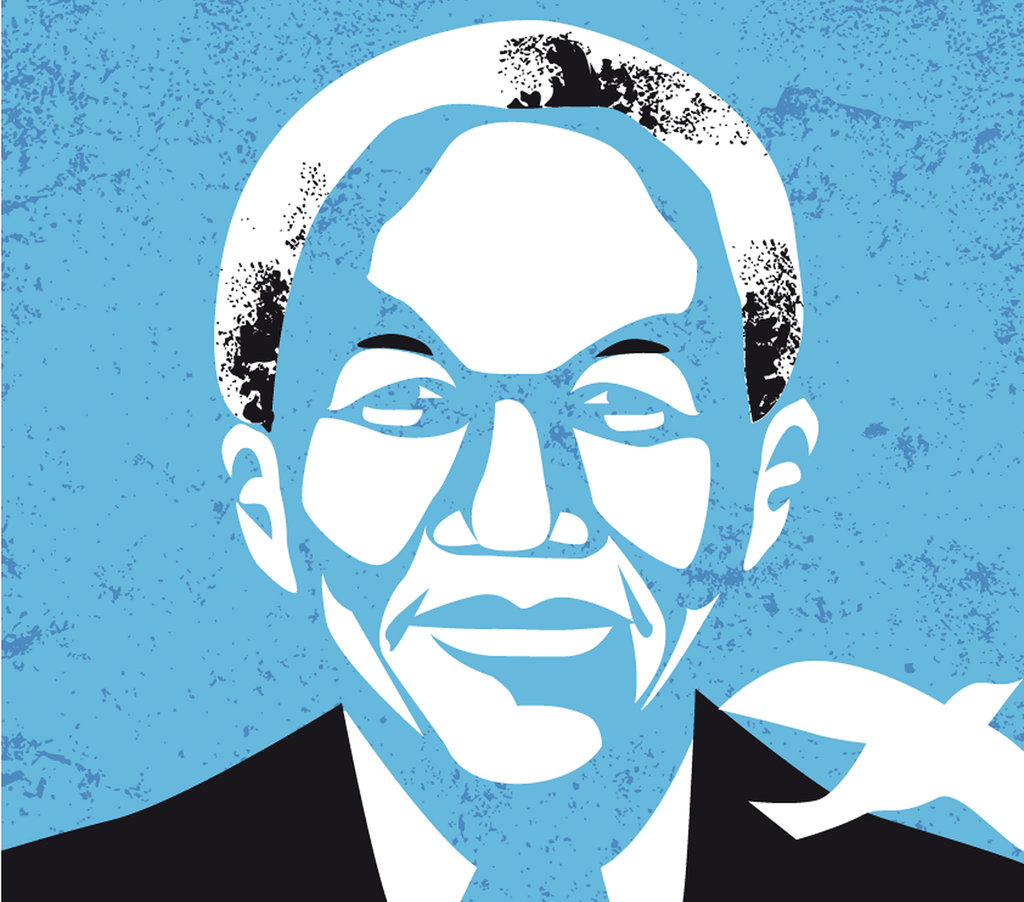Comment leadership
Responsible leadership in challenging times
Professor Mike Saks and Julie Search-Whittaker of the Institute for Responsible Leadership write that there has been a shift in focus for organisational leaders after a number of high-profile scandals in recent years. Leadership now needs to take place more responsibly in liaison with stakeholders inside and outside the organisation – in a manner that supports innovation as appropriate.

Responsible leadership now requires more than profit making or achieving targets – it is essential to the positive functioning and development of any organisation. Although there are debates about articulation, responsible leaders can be defined as follows:
Responsible leaders in both the private and public sector treat stakeholders with integrity to ensure that issues of sustainability, ethics and the wider public interest are best addressed.
This is consistent with the goals of corporate social responsibility where the interests of clients, directors, employees, suppliers, the environment, the community, citizens and future generations are variously taken into account.
The erosion of public trust
The need for such leadership has been underlined by a series of high-profile scandals. These scandals have eroded public trust in large well-known institutions in the private and public domains – especially in promoting innovation in a most unhelpful and undesirable way.
Such scandals have, crucially, affected even previously admired corporations. This is illustrated by the accounting misdemeanours publicised in 2001 that led to the bankruptcy of Enron and the invidious role of the banks in the financial crisis of 2008 – from which we are still experiencing fallout, not least from policies of austerity.
More recently, these scandals have encompassed the exposure of the significant gender pay gap at the BBC in 2017 and the sexual misconduct allegations surrounding the engagement of staff at Oxfam with paid prostitutes in the developing world in 2018.
Addressing the crisis in public trust
A key lesson from recent corporate scandals is that the leaders of businesses, not-for-profit organisations and other bodies need to be accountable for what they do – and fail to do – in building and sustaining operations benefiting a wider range of stakeholders in a systematic and proportionate manner beyond a few risk-taking and self-interested individuals.
In this sense, the leaders of organisations have a broader moral responsibility to address matters such as resolving ecological issues, protecting human rights, and fighting against disease and poverty in innovative and ethical ways. This can also be of substantial financial benefit from the perspective of the business case in driving the institution concerned towards a ‘win-win’ situation, even in this era of acute political sensitivity.
Positive role models
In a world of complexity, uncertainty and challenge, key role modelsof responsible leadership exist. This is of course illustrated at the highest level by the wondrous, self-effacing leadership that Nelson Mandela provided in South Africa in charting a humane forward course from apartheid.
At a more collective level in private enterprise there are good examples that have sustained brand value and profits in innovative fashion. These can be illustrated by Anita Roddick’s Body Shop and its ethical sourcing of products from underprivileged communities and the highly responsive actions by Mattel in immediately removing toys from shelves in light of safety concerns.
At a wider international level, too, the Global Business Coalition on HIV/AIDS, Tuberculosis and Malaria has encouragingly based itself on a coalition of private enterprises that finances and leads the struggle against some of the world’s deadliest public health concerns.
Another example with worldwide reach is the United Nations (UN) which, through its Global Compact and Sustainable Development Goals, encourages enterprises worldwide to adopt sustainable and socially responsible policies, and to report on their implementation.
The Institute for Responsible Leadership
Given the pressing current need to promote leadership integrity, three Honorary Senior Advisors on Leadership to the UN have formed the Institute for Responsible Leadership (IRL). They are Professor Mike Saks, who is a member of the Innovation Council and has wide UK university executive experience, Professor Michael Hopkins, chief executive of CSRFi in Geneva, and Mike Eldon, a high profile senior management consultant in Nairobi.
The primary aims of the IRL are to offer courses, seminars, mentoring and coaching, together with consultancy in responsible leadership, and to honour and publicise examples of responsible leadership through the award of Fellowships – key devices for moving the innovative leadership agenda forward in challenging times.
For further information about the IRL, please consult the website. Contact details on this site are provided for Julie Search-Whittaker, the convenor and coordinator of the Institute, who can be contacted for further details.
Image credit: Mario Breda / Shutterstock.com